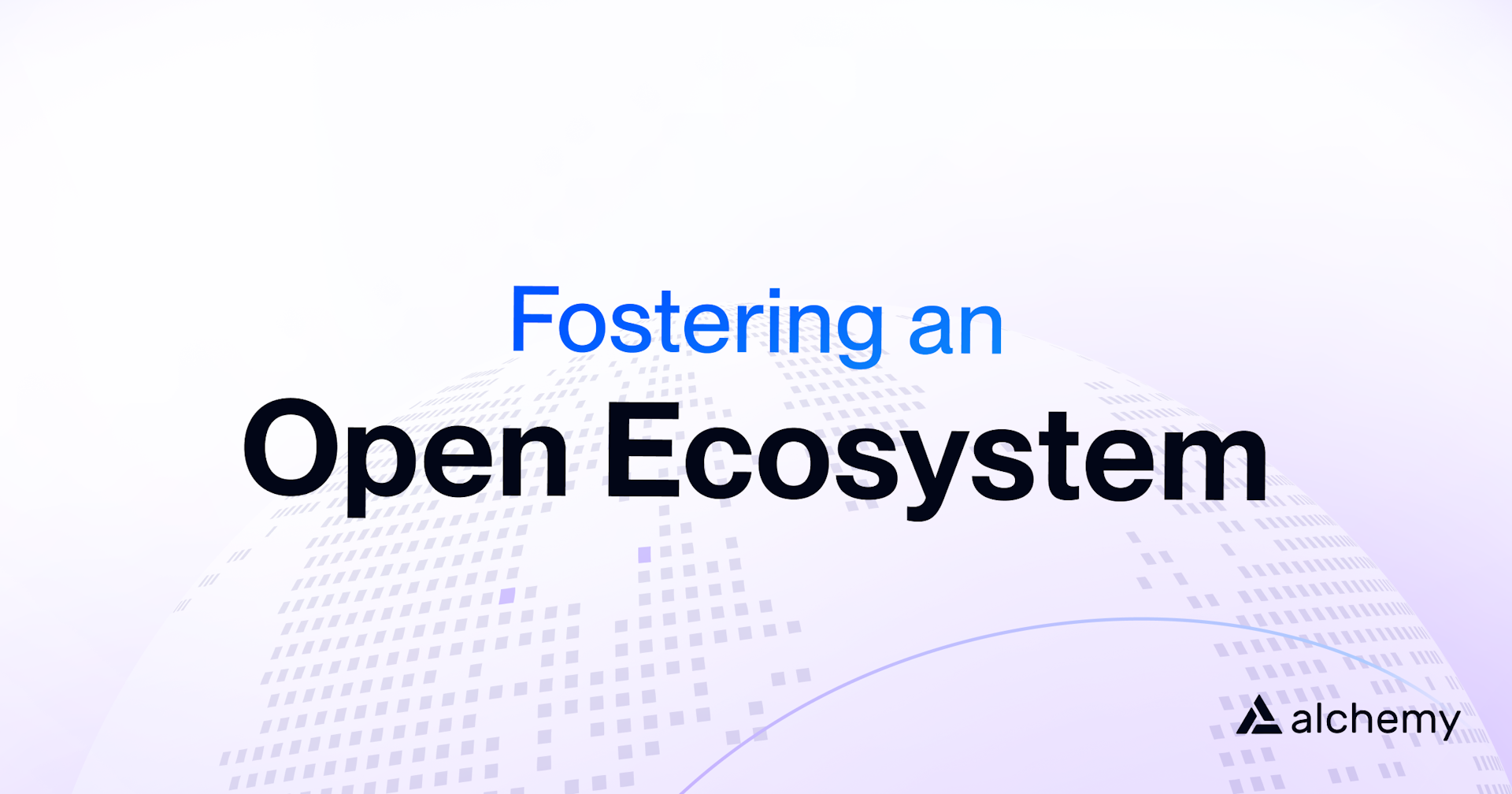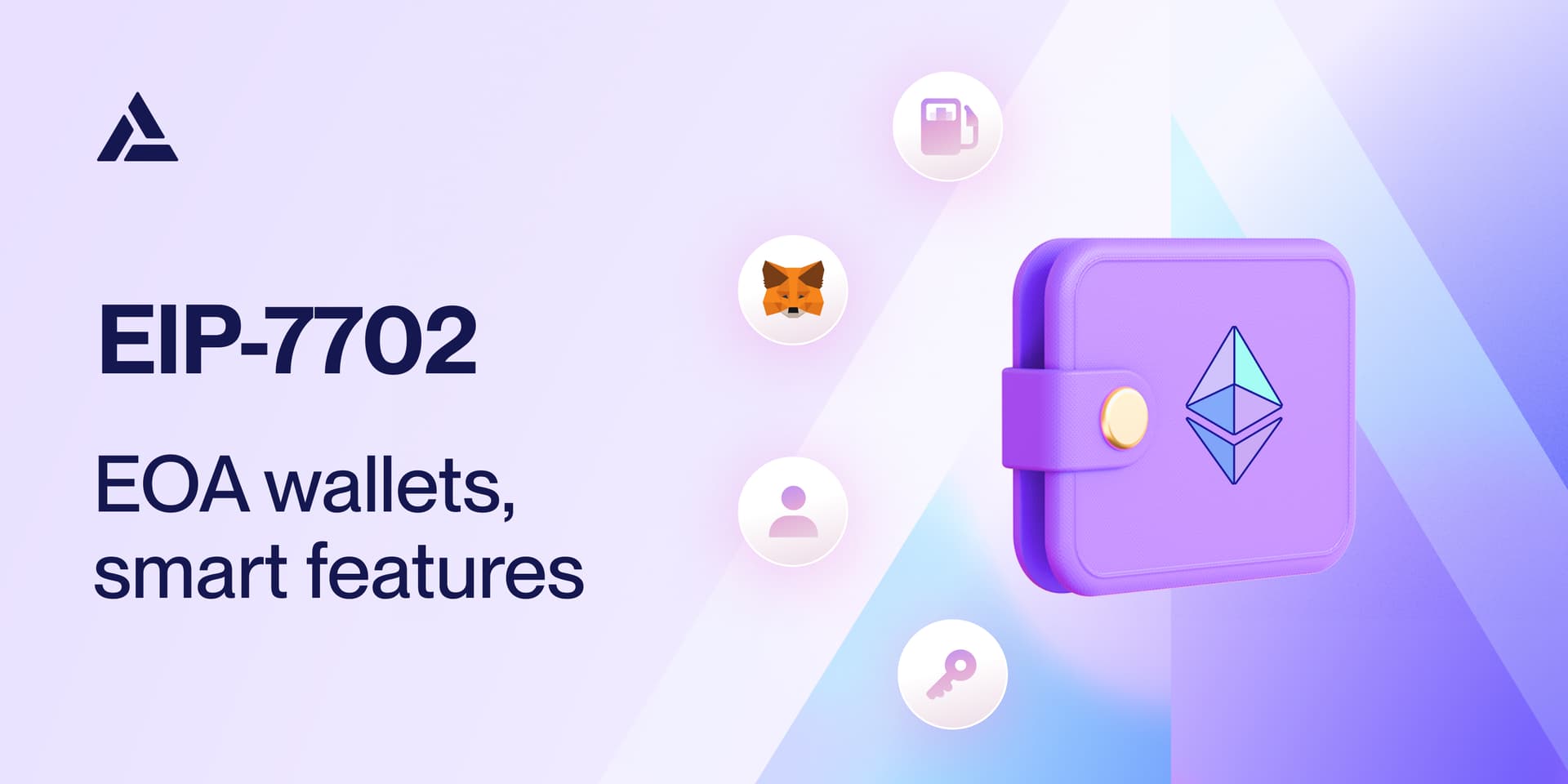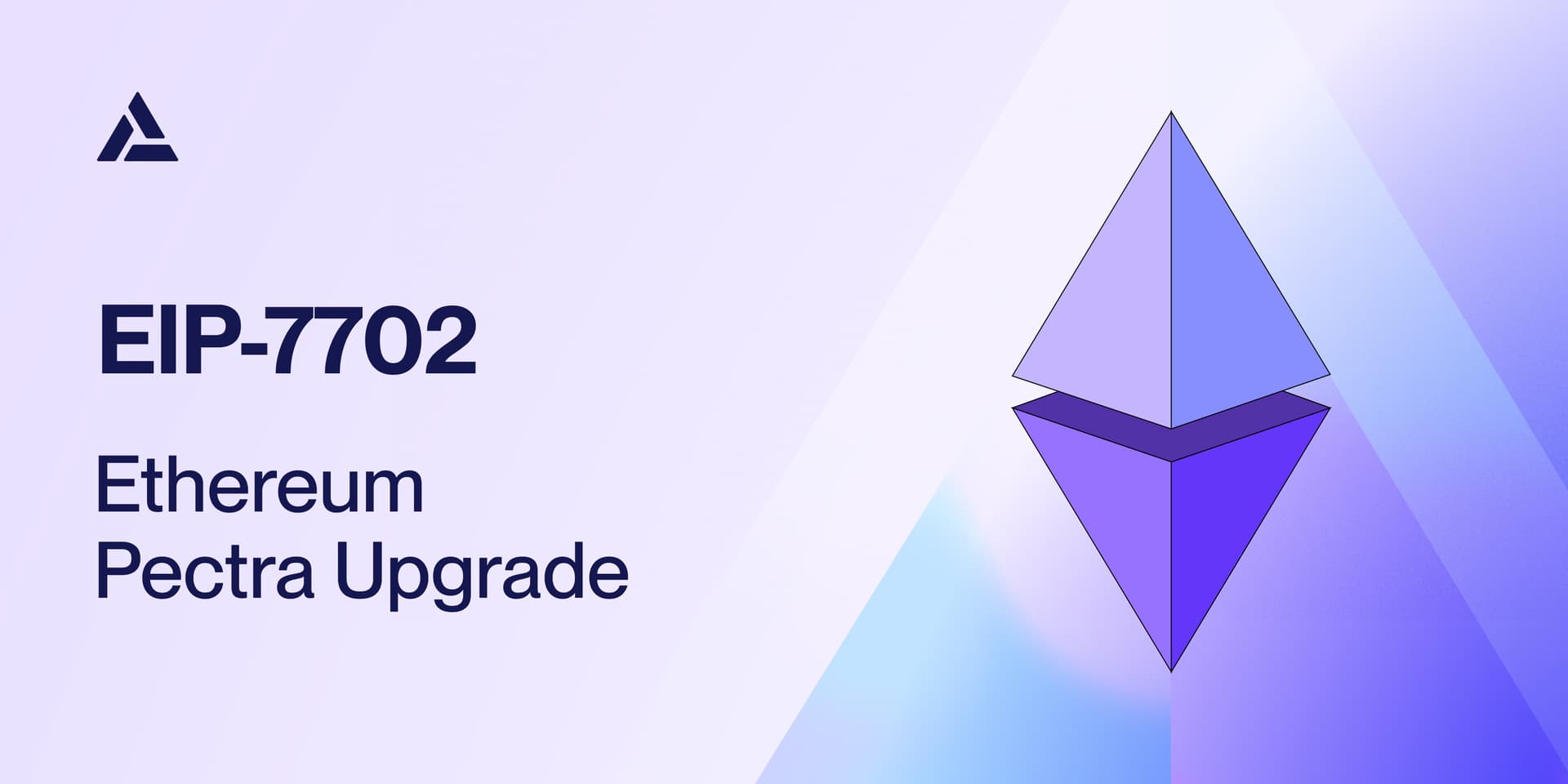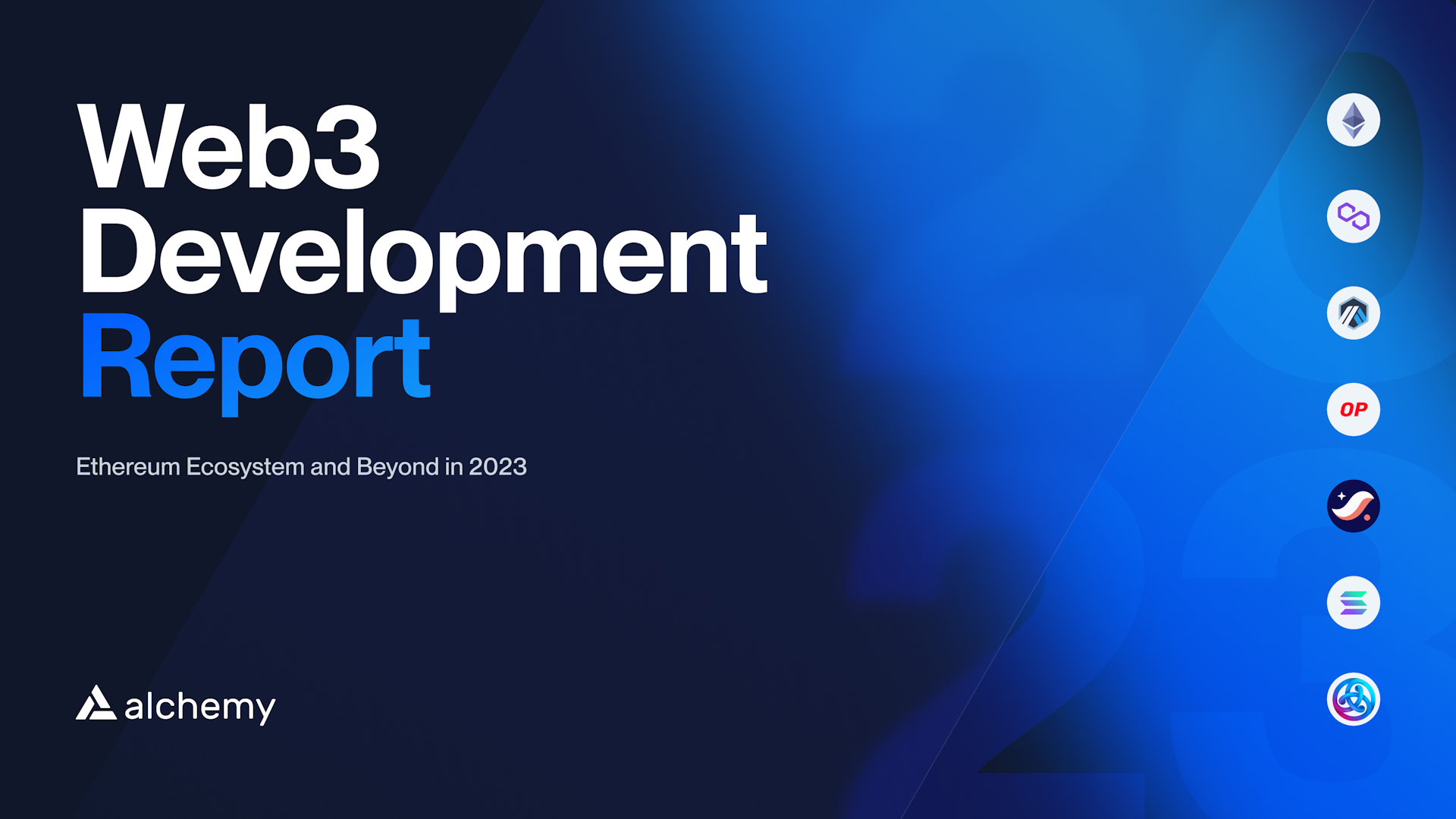Fostering an Open Ecosystem

Alchemy’s mission is to bring the next billion users onchain. Getting there will require a fast-growing ecosystem of projects working to build the future of web3. That ecosystem, in turn, will need neutral and open infrastructure to support permissionless development. That’s why we’re building — and are committed to supporting — a growing range of open offerings to support developers.
Open source code and docs
Open tools are an increasingly important part of Alchemy’s DNA. By open sourcing our infrastructural code - and continuing to build in public - we’ve delivered and continue to refine code, tools, and documentation used by tens of thousands of developers working across web3.
These include:
Rundler, the most advanced, performant, and feature complete ERC-4337 Bundler, written in Rust.
aa-sdk, a lightweight library built on top of viem for sending user operations, sponsoring gas, and deploying smart accounts that is now the most popular ERC-4337 developer SDK per NPM downloads.
Modular Account, a fully modular, ERC-6900 compliant smart account implementation that is secure, audited and optimized for DA costs to deliver the cheapest L2 transactions. This includes sets of MIT libraries designed to streamline smart account and plugin development.
Light Account, a lightweight smart contract account that is a hardened, optimized, forward compatible version of the ERC-4337 provided SimpleAccount.
aa-benchmarks, a tool for benchmarking UserOp and Runtime transaction costs for various transaction types and smart account implementations
We’ve licensed each of these to support builders, and will continue to update the docs and repos in the table below.
| Component | Repo | Docs | Licenses |
|---|---|---|---|
Rundler | GPL & LGPL | ||
aa-sdk | MIT | ||
Modular Account | MIT & GPL | ||
Light Account | GPL | ||
aa-benchmark | MIT |
Open standards
Open code, tools and documentation are necessary but not sufficient to our mission - we are also working to help advance the ecosystem by contributing to open standards and protocol development.
ERC-4337 laid the foundation for today’s growth in account abstraction on the EVM. Alchemy engineers have contributed research and code to the development of various iterations of the 4337 mempool, and continue to collaborate with the Ethereum Foundation on account abstraction.
That collaboration has extended to newer iterations of 4337 oriented to EVM rollups: RIP-7560 and ERC-7562 both reflect suggestions and comments from Alchemy’s engineering team.
Alchemy has extended ERC-4337 by incubating ERC-6900, an open Ethereum standard for modular smart accounts. ERC-6900 has since transitioned to become an open standard with an expanding set of contributors and coauthors, as well as an open sourced reference implementation (see this blog post for more background).
We developed and stewarded AIP-2, the first external technical proposal to pass through Arbitrum DAO’s protocol governance. AIP-2 proposed to activate an endpoint specified in ERC-4337.
Open education
We continue to leverage our deep experience in developer education to produce value-added content to help developers get up to speed on complex technological issues.
Alchemy’s contributions here include:
A commitment to a free and open Alchemy University to enable developers of all levels to onboard to web3.
A multi-part introduction to account abstraction, including foundational definitions as well as deep dives into wallet creation, paymasters and aggregate signatures (1, 2, 3, 4)
A multi-part investigation of gas estimation based on our team’s experience building Rundler (1, 2, 3, 4)
A multi-part educational workshop on account abstraction developed in partnership with Offchain Labs (videos)
The results of a joint exploration with the Ethereum Foundation and others of a vulnerability in 4337, as well as its resolution (with Github documentation)
An analysis of a vulnerability identified by the ecosystem and independently, Alchemy’s engineers, in the widely used ERC-1271 standard for validation
What’s next?
Alchemy’s commitments to open infrastructure are ongoing, and will continue to grow along with the ecosystem. Some of this work will be highly visible, and will involve expanding on the implementations and standards described above.
We’re also closely following new developments and standards such as RIP-7212, and the technological advances needed to support the three transitions to onboard mainstream users
We’re excited to continue building with and for the ecosystem, and will have more to say about these tools and standards in the coming months.
Related articles

What EIP-7702 Means for MetaMask and Other Wallets
Discover how EIP-7702 will impact wallet providers in 2025, what features users will expect, and the recommended implementation for success.

EIP-7702 and How You Should Prepare for the Pectra Hardfork
Ethereum is on the brink of an important upgrade with EIP-7702, set to launch in the coming months as part of the Pectra hardfork.

2023 Web3 Development Report
Web3 developer activity reaches all-time-highs as new rollup frameworks and account abstraction take root.
